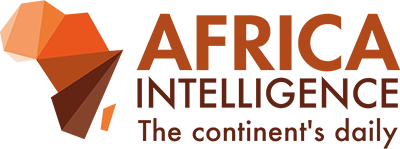President Alassane Ouattara brought in Massandjé Touré-Litsé to run the new entity. A discreet US trained financial technician, she is close to National Assembly president Guillaume Soro, who had a hand in the appointment of former Henri Konan Bédié minister Lambert Kouassi Konan as CCC chairman. The cocoa sector is vital for Ivory Coast, which is the world's leading producer with an output of 1.7 million tonnes in 2014. It has been reorganised, therefore, but nevertheless remains under the control of people close to the head of state in line with the principle Ouattara inherited from his predecessors, who used it in some cases for their private purposes.
One of the consequences of the 2011 reform has been the arrival of new players looking to get a share of the industry's wealth. These players, whose emergence we describe below, also have links with the presidency. They include Loïc Folloroux, head of Africa Sourcing, and Zoumana Bakayoko, founder of Agro West Africa. As for the big groups, including, notably, the "Big Four" - ADM, Cargill, Barry Callebaut and Cémoi - and leading Ivorian exporter SAF-Cacao, they continue to rely on experienced local representatives who are often leading figures in the industry, like emblematic Cargill West Africa head Lionel Soulard, who has been active in Ivory Coast for the last 20 years.


